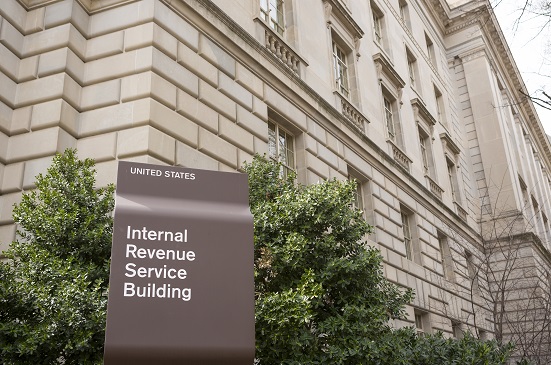IRS Hitting Estimated Tax Filers With More Penalties

The IRS plays no favorites when it comes to taxpayers missing payments or not paying enough. However, those who pay their income tax via quarterly estimated payments had better pay particular attention because lately the IRS has been coming down hard on these individuals with much more frequency.
According to recent IRS data, the number of penalties issued by the agency has jumped 33 percent between 2007 and 2016, from nearly 7.5 million to almost 10 million. These taxpayers, who often work as freelancers and business owners, get penalized because they don’t withhold enough money from their income to pay the necessary taxes.
According to the IRS, the data would appear to indicate that these individuals are either making mistakes in their calculations or they simply aren’t aware they need to pay these taxes. As for the cause of the increase in the number of penalties, the Doesn’t really have the answer.
However, the agency believes the increase in the number of taxpayers that now work for themselves, either as business owners or as freelancers, is one factor that is likely playing a role in the rising number of penalties.
The IRS suggests anyone who is responsible to make quarterly estimated tax payments fill out the agency’s annualized income installment method worksheet in order to calculate his or her taxes correctly and avoid the penalty.
Is Accounting Boring?
Is Accounting Boring? By William Brighenti I’ve noticed on Twitter a bunch of tweets from younger people complaining that accounting is boring. This may very well be true for those who are not accountants. Non-accountants include those individuals who once loved accounting until they took intermediate accounting in college and then switched their major to…
Business Plan
Business Plan A business plan precisely defines your business, identifies your goals, and serves as your firm’s resume. The basic components include a current and pro forma balance sheet, an income statement, and a cash flow analysis. It helps you allocate resources properly, handle unforeseen complications, and make good business decisions. Because it provides specific…
Choosing a Legal Form for Your Business
Choosing a Legal Form for Your Business In starting a small business, one of the first questions you should ask is what form of legal entity you should use or “How should I organize my business?” Also, as your business grows and changes, you should from time to time ask yourself whether the entity you…
Drafting a Partnership Agreement
Drafting a Partnership Agreement If you decide to organize your business as a partnership, be sure you draft a partnership agreement that details how business decisions are made, how disputes are resolved, and how to handle a buyout. You’ll be glad you have this agreement if for some reason you run into difficulties with one…




